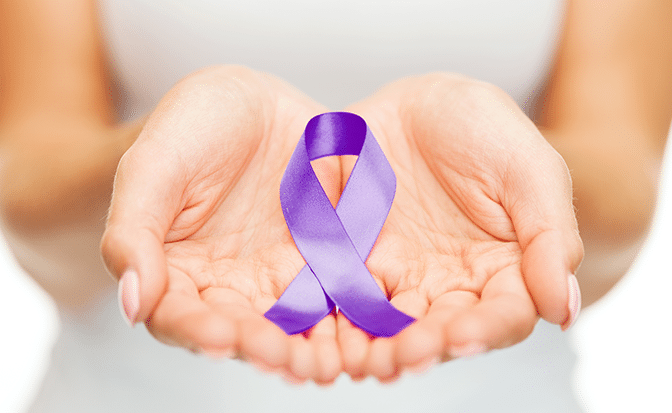Qué puede hacer durante el DVAM y después
Escrito por Antwon R. Martin
As Domestic Violence Awareness Month continues, let’s take a moment to look beyond awareness. Let’s consider what we can do in our everyday lives to stop abuse in its tracks.
¿Qué puedes hacer?
Picture this: You’re at the dinner table – maybe for a Thanksgiving feast, or maybe just for a big family supper – and one of your relatives keeps criticizing their wife.
You can tell that it bothers her and you’ve seen it happen before.
An estimated 1 in 4 women and 1 in 7 men in the U.S. experience severe physical violence by an intimate partner in their lifetime, according to a 2017 report from the Centers of Disease Control and Prevention.
You know how uncomfortable it would be to intervene. And you know that speaking out could put the victim in more danger.
But if this abusive behavior is going to change, inaction is not an option. There are two conversations that need to happen:
- Take your relative aside and have a private conversation about what a healthy relationship looks like. Tell them, “your wife doesn’t deserve to be mistreated.”
- Have a private conversation with the wife and let her know that the mistreatment at the dinner table was not healthy and, in fact, is likely emotional abuse. Tell her you’re available to listen. Or that you know an agency — like SAFE! — that can help.
Know what to look for
Domestic violence takes many forms, including:
- Physical: Any forceful or violent behavior, including hitting, choking, and hair pulling
- Emotional: Any abuse that attacks someone’s self-esteem and definitions of who they are, including name calling and put downs
- Economic: The use of finances to control or limit a partner, including withholding money and stealing credit cards
- Psicológico: Cualquier abuso con amenaza de violencia, incluyendo el miedo, el dolor y la degradación
Unfortunately, physical abuse is often preceded by emotional, economic, or psychological abuse.
Contacting SAFE
If you think you or someone you know may be in a violent or abusive relationship, you can contact our SAFEline in a couple different ways:
- Call our confidential, 24/7 number at 512.267.SAFE (7233)
- Or chat with us online at safeaustin.org/chat.